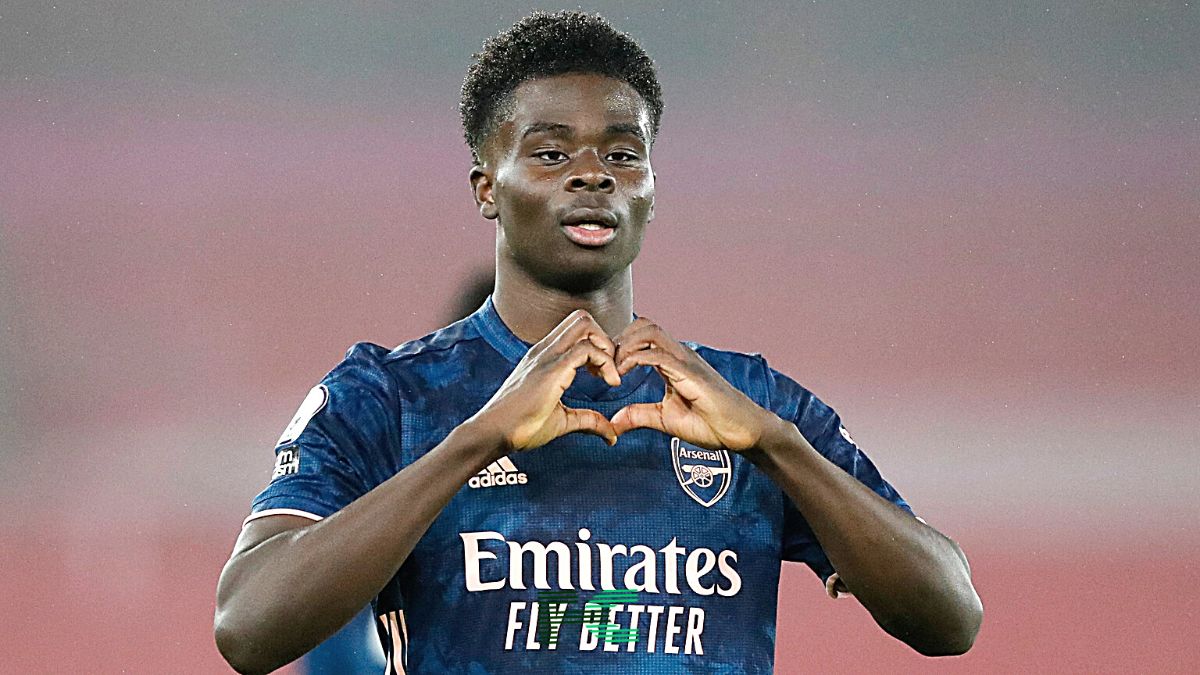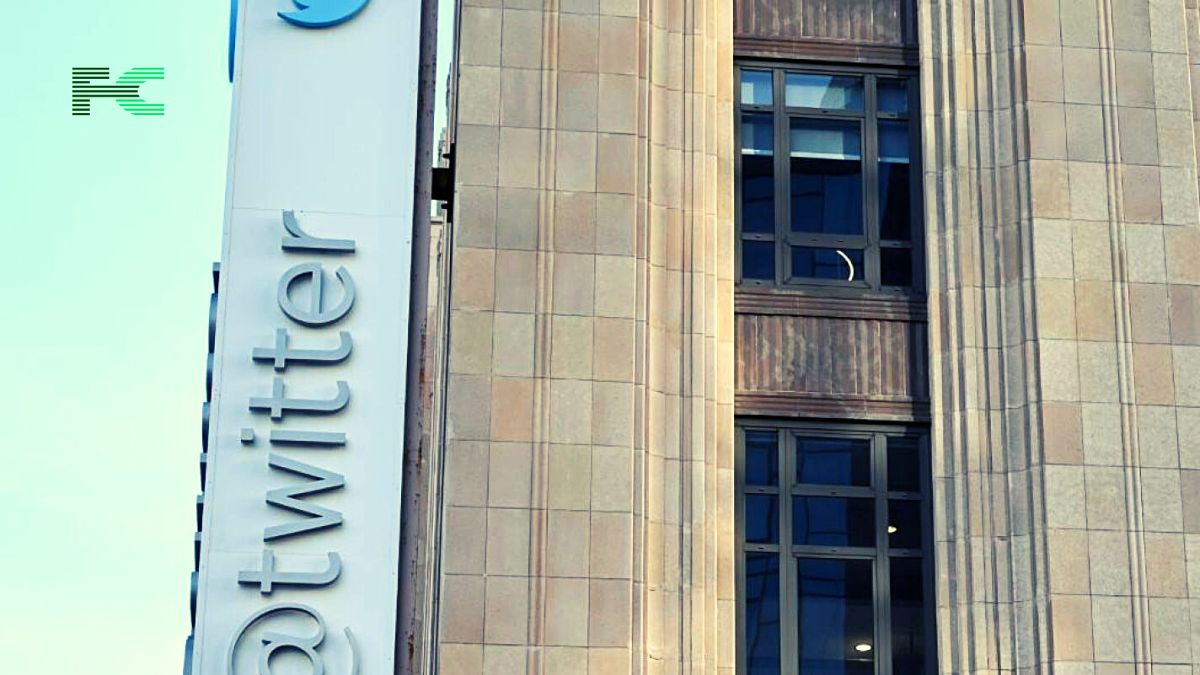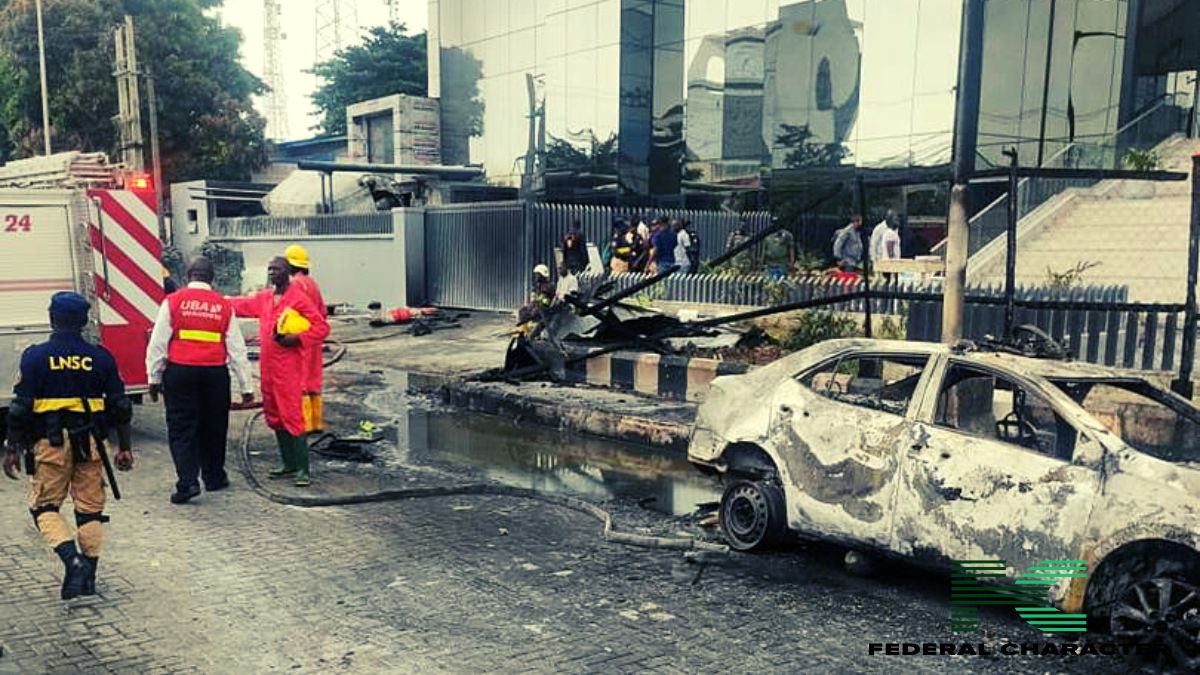The Kremlin has suggested that ongoing anti-government protests in Serbia could be an attempted “color revolution”, mirroring concerns raised by Serbian President Aleksandar Vučić about foreign interference. While expressing confidence that Vučić’s government would restore order, Kremlin spokesman Dmitry Peskov stated that Serbia faces “unprecedented pressure” and warned of external attempts to destabilize the country.
This is coming in the aftermath of the Serbian police clashing with demonstrators over the weekend as thousands rallied in Belgrade, calling for snap elections and an end to Vučić’s 12-year rule. The protests, which have included university shutdowns and mass gatherings, represent the most significant challenge yet to the populist leader, whose second term runs until 2027.
Vučić, a longtime Russian ally, has accused “foreign powers” of orchestrating the unrest, claiming demonstrators sought to “topple Serbia” but failed. His government has faced growing criticism over corruption allegations and authoritarian tendencies, fueling public anger.

Russia’s Strategic Support for Vučić
The Kremlin’s statement reinforces Moscow’s strong ties with Serbia, a key Balkan ally resisting full alignment with the European Union and NATO. Vučić attended Russia’s Victory Day parade on May 9, underscoring his government’s pro-Moscow stance despite Serbia’s formal EU membership bid.
Analysts suggest the “color revolution” rhetoric mirrors Russian claims about past uprisings in Ukraine, Georgia, and Belarus, where mass protests were framed as Western-backed coups. The term has become a Kremlin narrative to discredit pro-democracy movements in Moscow-friendly states.
What Comes Next for Serbia?
With parliamentary elections scheduled for 2027, the protests signal deepening political divisions in Serbia. While Vučić retains control, the sustained demonstrations—combined with EU pressure for reforms—could test his grip on power.
As Russia monitors the situation closely, the crisis may further strain Serbia’s balancing act between East and West, with grave implications for Balkan stability. For now, the Kremlin’s support ensures Vučić retains a powerful ally, even as domestic discontent grows.

















